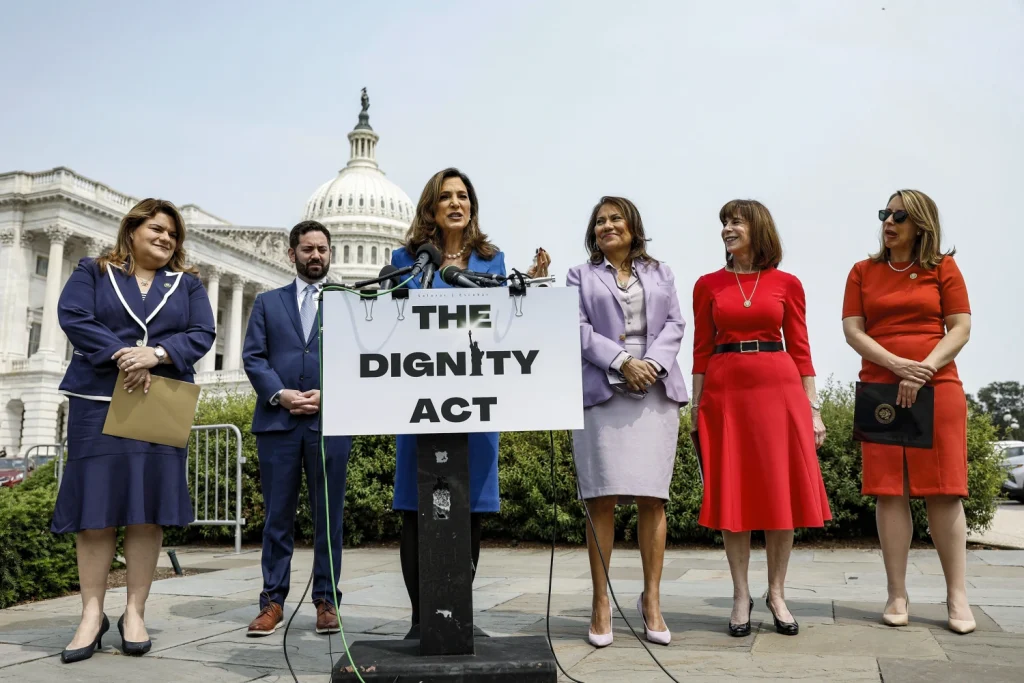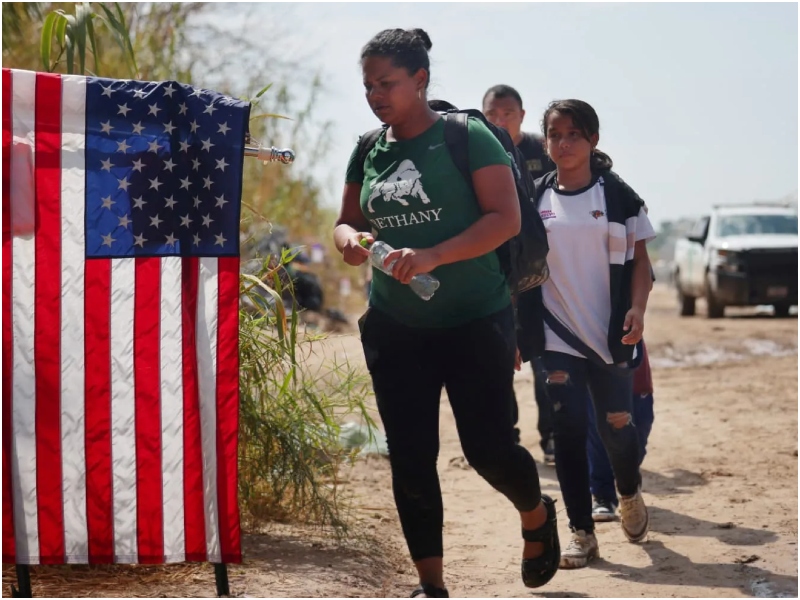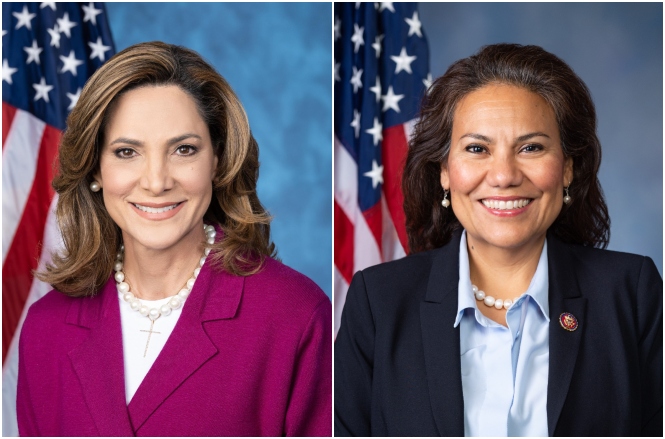In a bold bipartisan move, Representatives María Elvira Salazar (R-Fla.) and Veronica Escobar (D-Texas) reintroduced the Dignity Act on July 15, 2025, a sweeping immigration reform proposal aimed at securing U.S. borders, streamlining legal immigration, and offering a structured pathway to legal status for certain undocumented immigrants.
The reintroduction comes at a time when President Donald Trump has intensified deportation efforts, and U.S. employers—especially in agriculture and food service—are grappling with critical labor shortages.
What the Dignity Act Proposes

The Dignity Act builds on a 2023 version that failed to advance. Its updated provisions reflect a pragmatic balance between human dignity, economic need, and national security. Key highlights of the bill include:
- A nationwide mandatory E-Verify system and expanded border security infrastructure
- Faster, more efficient asylum screenings in dedicated processing centers
- A seven-year “Dignity Program” that grants legal status, work/travel authorization, and deportation protection to undocumented immigrants who entered the U.S. before 2020
- Mandatory background checks, restitution payments, and tax compliance for participants
- A self-funded American Worker Fund for U.S. job training, financed by participant fees
- Legal immigration modernization, including backlog reductions and expanded access for skilled workers and families
- A defined path to lawful permanent residency for Dreamers and DACA recipients through work, education, or military service
The bill specifically avoids amnesty and offers no shortcut to citizenship, instead opting for a system grounded in accountability and long-term integration.
Legislative Path Forward

Now officially introduced in the House of Representatives, the Dignity Act has been referred to several powerful committees: Judiciary, Homeland Security, and Ways and Means. These committees will conduct hearings, solicit expert testimony, and may offer amendments before deciding whether to move the bill to a full House vote.
While the bill is touted as fiscally neutral, designed to operate without taxpayer funding, its success in the current polarized political environment is far from guaranteed.
Political Context and Outlook
The legislation arrives amid mounting tension over immigration enforcement and border policy. With the 2024 presidential election still resonating, immigration has remained a top priority in Trump’s renewed administration. Salazar and Escobar’s cross-party partnership marks a rare show of bipartisan cooperation in a deeply divided Congress.
Supporters believe the Dignity Act offers a realistic and humane alternative to both mass deportations and blanket amnesty, while also addressing labor demands and immigration system inefficiencies.
But its fate depends on whether lawmakers from both parties can coalesce around a shared vision—something that’s proven elusive in prior immigration reform efforts.

